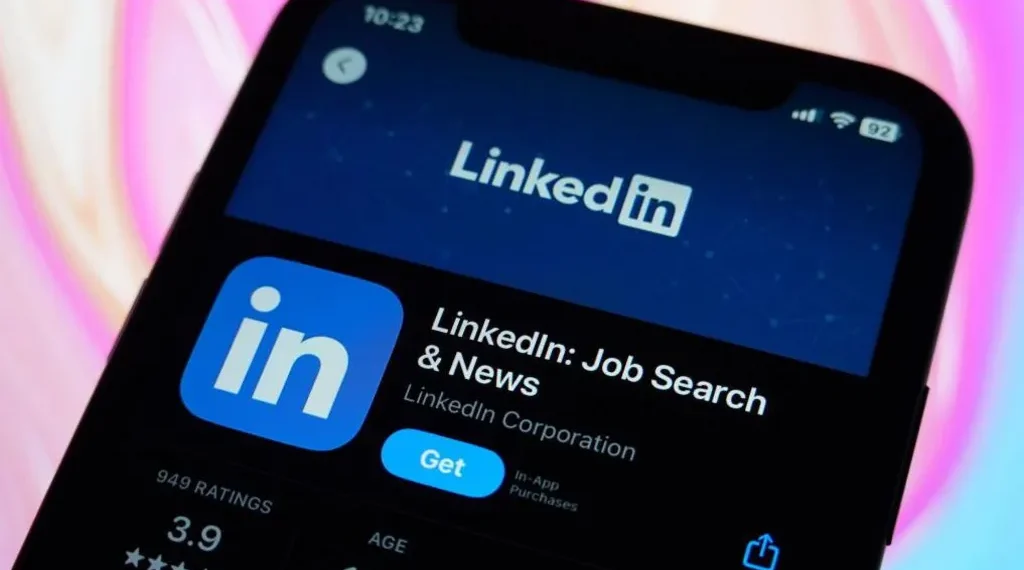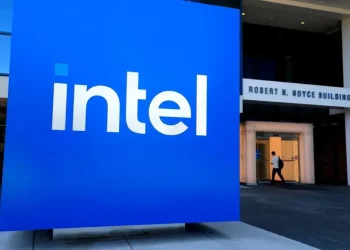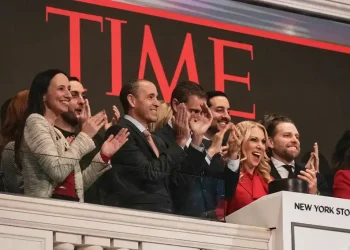LinkedIn Dismisses Calls for Inclusion in Australia’s Social Media Ban for Kids
Career-networking giant LinkedIn has pushed back against proposed Australian legislation aimed at banning social media access for children under 16, arguing that its platform is simply too unappealing to minors to be included in the ban.
“LinkedIn simply does not have content interesting and appealing to minors,” the Microsoft-owned company stated in a submission to the Australian Senate Environment and Communications Legislation Committee.
Australia’s Push for a Social Media Ban
The Australian government has proposed “world-leading” legislation to restrict children’s access to social media, citing concerns over online harm. Prime Minister Anthony Albanese emphasized that the measures are designed to address the worries of parents about their children’s online safety.
While other tech giants like Meta, Google, Snapchat, and TikTok have raised objections, LinkedIn took a different stance, asserting that its professional focus and minimum age requirement of 16 make it irrelevant to younger audiences. The company added that it actively removes accounts belonging to underage users when identified.
Industry Concerns and Criticism
Other social media platforms have voiced significant concerns about the proposed legislation:
- Meta (parent company of Facebook and Instagram) argued the bill would fail to ease the burden on parents and claimed it disregards expert advice from child safety and mental health professionals.
- TikTok Australia criticized the legislation’s rushed timeline, warning it could lead to unintended consequences.
- Google, Snapchat, and X (formerly Twitter) raised legal and practical issues, including the bill’s reliance on age verification technologies still under trial.
Privacy and Consultation Issues
Privacy advocates and human rights experts have also criticized the bill for its hasty development and potential privacy implications. Carly Kind, Australia’s privacy commissioner, and Lorraine Findlay, human rights commissioner, have both called for more comprehensive consultation and scrutiny before the legislation is enacted.
LinkedIn’s Case for Exemption
LinkedIn argued that regulating its platform under the new law would impose unnecessary costs and barriers for its users in Australia. By avoiding inclusion in the legislation, the platform could also sidestep the need for additional age verification processes.
International Interest
Australia’s approach has garnered attention worldwide. In the UK, Technology Secretary Peter Kyle mentioned similar legislation as a possibility, while France has already implemented a law requiring parental consent for children under 15 to access social media. However, research suggests nearly half of French minors have bypassed the restrictions using VPNs.
What’s Next?
The Australian government plans to pass the legislation before the end of the parliamentary year. However, experts warn the current timeframe and lack of consultation could hinder its effectiveness.
As the debate continues, LinkedIn’s professional focus and limited appeal to younger audiences may ultimately exempt it from these sweeping changes.
This article was rewritten by JournosNews.com based on verified reporting from trusted sources. The content has been independently reviewed, fact-checked, and edited for accuracy, neutrality, tone, and global readability in accordance with Google News and AdSense standards.
All opinions, quotes, or statements from contributors, experts, or sourced organizations do not necessarily reflect the views of JournosNews.com. JournosNews.com maintains full editorial independence from any external funders, sponsors, or organizations.
Stay informed with JournosNews.com — your trusted source for verified global reporting and in-depth analysis. Follow us on Google News, BlueSky, and X for real-time updates.














